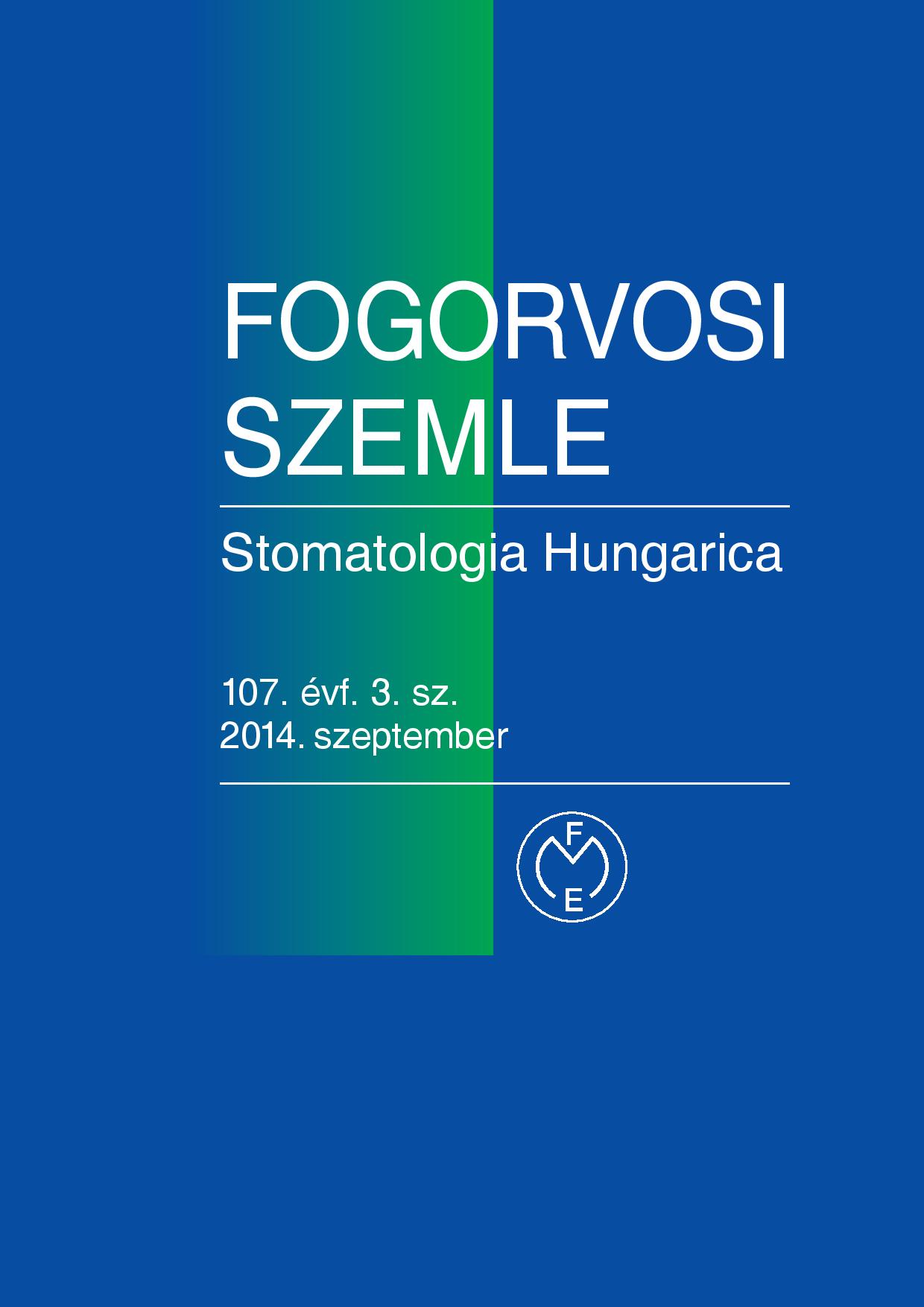European recurrent missense mutation in a Hungarian pedigree with Papillon-Lefèvre syndrome
Abstract
Papillon–Lefèvre syndrome, a rare disease with autosomal recessive inheritance, is characterized by aggressive periodontitis and palmoplantar hyperkeratosis. Mutations of the cathepsin C gene are responsible for the development of the disease. In this study, we aimed to describe in details the clinical symptoms and to determine the underlying genetic abnormality in two Hungarian siblings affected by Papillon–Lefèvre syndrome. The siblings are under regular dental and dermatological care since their symptoms appeared, but, due to the fact that genetic analysis of Papillon-Lefèvre syndrome has been available for one or two years in Hungary, their mutation screenings were just recently performed. We have identified a homozygous missense mutation on the cathepsin C gene, which is an already published mutation and was originally reported from Germany. Our investigations would like to draw attention to a rare disease, Papillon-Lefèvre syndrome, in which first symptom can be the aggressive periodontitis, and in which genetic testing and for helping childbearing and family planning is now available.
Copyright (c) 2021 Authors

This work is licensed under a Creative Commons Attribution 4.0 International License.


.png)




1.png)



